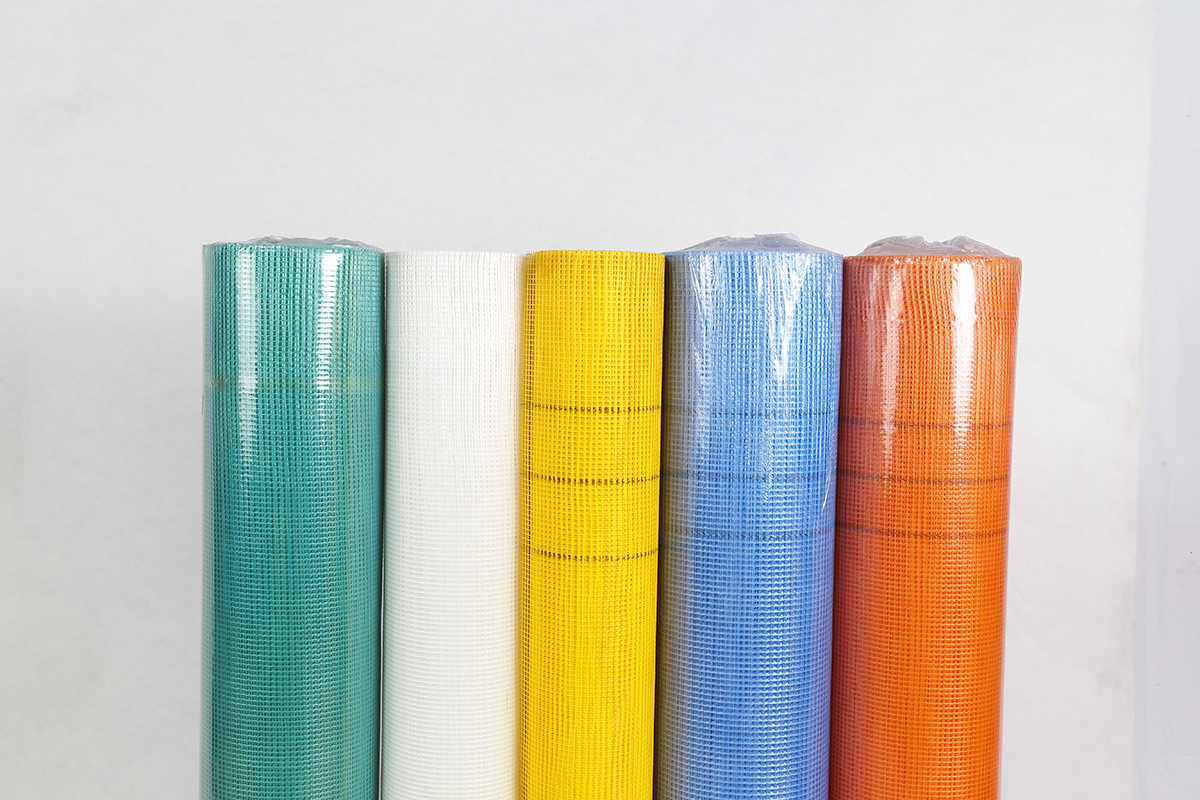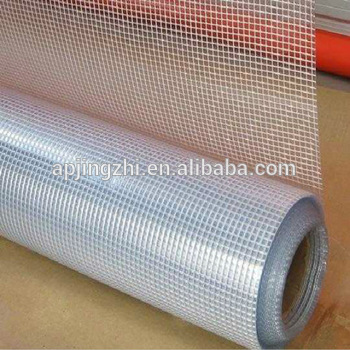Fiberglass, a remarkable material with a wide range of applications, has become an integral part of various industries.
What is Fiberglass?
Fiberglass is a composite material made of fine glass fibers. These fibers are typically combined with a resin to create a strong and lightweight material that can be molded into different shapes. The manufacturing process involves melting glass and drawing it into thin fibers, which are then woven or combined with the resin.

Applications in Different Industries
Construction Industry
In the construction field, fiberglass is widely used for insulation, roofing materials, and reinforcement. Fiberglass insulation helps to reduce energy consumption by providing excellent thermal resistance. Roofing made of fiberglass is durable and resistant to weathering, providing long-lasting protection. Fiberglass reinforced plastics (FRP) are also used in structural components such as beams and columns, offering high strength and corrosion resistance.
In the construction field, fiberglass is widely used for insulation, roofing materials, and reinforcement. Fiberglass insulation helps to reduce energy consumption by providing excellent thermal resistance. Roofing made of fiberglass is durable and resistant to weathering, providing long-lasting protection. Fiberglass reinforced plastics (FRP) are also used in structural components such as beams and columns, offering high strength and corrosion resistance.

Automotive Industry
The automotive industry makes extensive use of fiberglass for body panels, bumpers, and spoilers. Fiberglass is lightweight, which helps to improve fuel efficiency. It also has good impact resistance and can be molded into complex shapes, allowing for stylish and aerodynamic designs.
The automotive industry makes extensive use of fiberglass for body panels, bumpers, and spoilers. Fiberglass is lightweight, which helps to improve fuel efficiency. It also has good impact resistance and can be molded into complex shapes, allowing for stylish and aerodynamic designs.
Marine Industry
In the marine sector, fiberglass is the material of choice for boat hulls and decks. It is resistant to saltwater corrosion and has excellent durability. Fiberglass boats are lightweight and easy to maintain, making them popular among boat enthusiasts.
In the marine sector, fiberglass is the material of choice for boat hulls and decks. It is resistant to saltwater corrosion and has excellent durability. Fiberglass boats are lightweight and easy to maintain, making them popular among boat enthusiasts.
Aerospace Industry
The aerospace industry uses fiberglass for various applications, including radomes, fairings, and interior components. Fiberglass has high strength-to-weight ratio and is resistant to heat and chemicals, making it suitable for use in aircraft and spacecraft.
The aerospace industry uses fiberglass for various applications, including radomes, fairings, and interior components. Fiberglass has high strength-to-weight ratio and is resistant to heat and chemicals, making it suitable for use in aircraft and spacecraft.

Electrical Industry
Fiberglass is used in the electrical industry for insulation purposes. It is an excellent electrical insulator and can withstand high voltages. Fiberglass electrical components are durable and reliable, ensuring safe and efficient operation of electrical systems.
Fiberglass is used in the electrical industry for insulation purposes. It is an excellent electrical insulator and can withstand high voltages. Fiberglass electrical components are durable and reliable, ensuring safe and efficient operation of electrical systems.
Advantages of Fiberglass
Fiberglass offers several advantages over traditional materials. It is lightweight yet strong, making it ideal for applications where weight reduction is crucial. It is also resistant to corrosion, chemicals, and heat, ensuring long service life. Additionally, fiberglass can be easily molded into complex shapes, allowing for custom designs and innovative applications.
Future Outlook
The fiberglass industry is expected to continue to grow in the coming years. As technology advances, new applications for fiberglass will emerge. The demand for lightweight and durable materials in industries such as automotive, aerospace, and construction will drive the growth of the fiberglass market. Additionally, efforts to develop more sustainable manufacturing processes and recyclable fiberglass products will contribute to the industry’s long-term viability.
| Tags: Fiberglass

